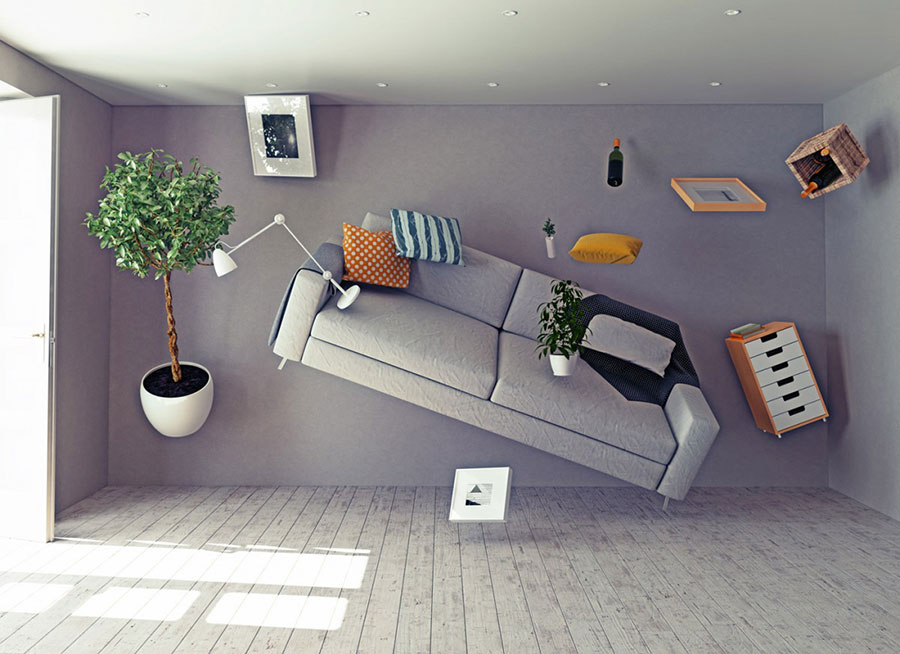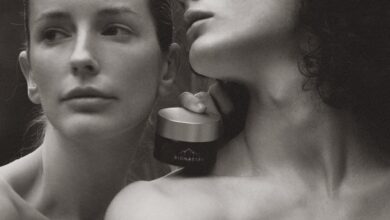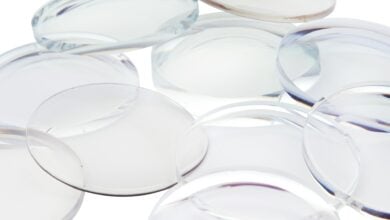Spring cleaning, a clean slate, a fresh start – we’ve always associated cleaning with rebirth, new starts and the idea we can begin again. The way we talk about cleaning shows how often we associate cleaning with moving on, turning a page and achieving personal growth. Think about how we talk about cleaning in casual conversation and popular culture, from ‘cleanliness is next to godliness’ from the 1950s with South Pacific’s ‘I’m gonna wash that man right out of my hair,’ to Lizzo’s recent hits including the lyric ‘shampoo, press, get you out of my hair.’ We clean our bodies, our houses, our cars when we want to be afforded a fresh start, feel rejuvenated, cleansed and be able to move forward with our lives.
The perceived power of decluttering has never been clearer than it was over the last several years when Japanese author and organiser, Marie Kondo, exploded into popular consciousness. Kondo’s book, The Life-Changing Magic of Tidying Up, established the KonMari method. The KonMari method, partially inspired by Shintoism, is a method for organising in which you gather all your belongings, divide them into categories (clothing, books, mementos, etc.) and then only keeping those that ‘spark joy.’
Before we continue to explain how you can effectively declutter your home (and your life) we need to address the health benefits of tidying up. According to Healthline.com, there are many major health benefits that come from spring cleaning. You can strengthen your immune system by eliminating immune triggers like dust, mould, cobwebs and pollutants. As anyone who has ever tripped over an erroneous shoe or bumped into an unpacked suitcase weeks after returning from a holiday can tell you, mess and clutter can raise your risk of injury. The positive effects on your mental health can come from tidying up your space also cannot be overstated. We are affected by our environment and clutter can increase the effects of stress, anxiety and depression. Reorganising your space, cycling and donating your unneeded goods can feel incredibly liberating and refreshing. This is increasingly important in 2020 when we’re spending more time than ever before in our homes – we must make this environment as relaxing as possible.
So now you’re sold on the benefits of tidying up, how should you go about it? Marie Kondo would tell you to begin by making categories to tackle. Why? Tackling categories is easier than tackling full rooms at a time which can be overwhelming. The KonMari method tells you to make five categories and tackle them in that order starting with clothes and then following with books, papers, miscellaneous items and then finally sentimental items. When you’re deciding which items to keep and which items you should move on from you can employ the KonMari method by asking if an item sparks joy or you can ask if you’ve used that item in the last year. If the answer is no, then you’re probably safe to get rid of that object.
Once you’ve decided which items you’re going to be keeping then it’s time to find a place for everything and try and keep things in the place you have assigned to them. We know it’s hard but try and embrace minimalism in a way that would make Marie Kondo proud!
At the end of the day decluttering is about getting rid of items so you’re going to need to throw things away. If you’ve got good quality items, clothes or useful goods that could continue to be used then you should donate them to a local charity who can take your second hand items and put them in the homes of those who need them most. However, not everything is fit to be donated, sometimes you need to throw things away. Call a local rubbish removal company like 1300 Rubbish who are capable of moving home waste, e-waste and green waste.
Declutter your home and your mind in 2020, embrace minimalism and the joy of tidying up!




